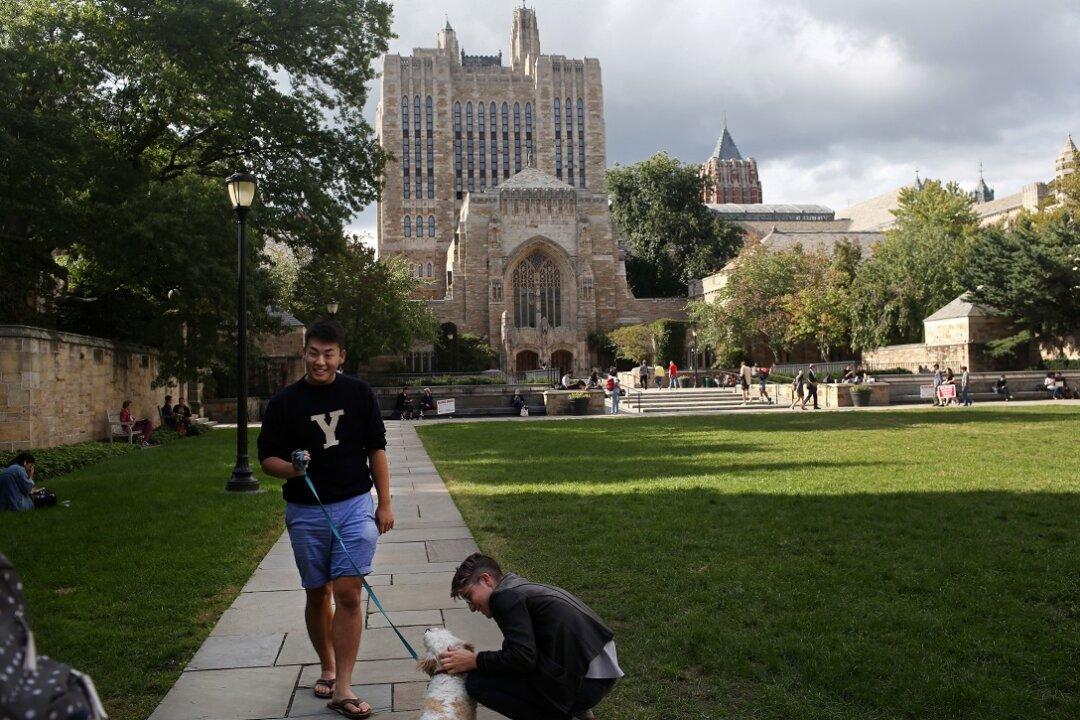A string of Ivy League universities in the United States, including Yale and Columbia, reached additional preliminary settlements on Jan. 23 in a case alleging that the institutions engaged in price-fixing tied to student aid.
The largest settlements, amounting to $24 million each, were agreed upon by Columbia University and Duke University, while Yale and Emory agreed to pay $18.5 million each.




